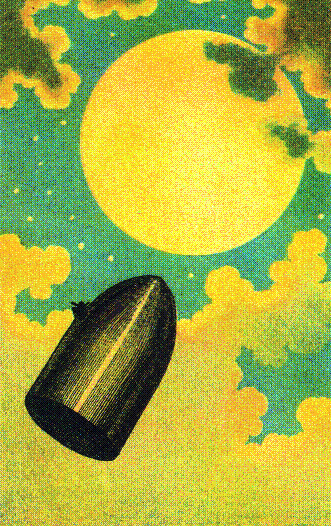 It is now the sixth day of piano auditions at New England Conservatory. We are a few pianists (members of the faculty) sitting at long tables, hearing younger pianists one-by-one.
It is now the sixth day of piano auditions at New England Conservatory. We are a few pianists (members of the faculty) sitting at long tables, hearing younger pianists one-by-one.
I said “piano auditions” and it’s true we hear people play piano. You might think we’re evaluating the piano-playing these kids do — and we are. Or you might think the piano is an instrument used for making music; so we’re evaluating the music making these prospective students do — and we are.
If aliens appear on earth (!) and vaporize all of our pianos, all electronic keyboards, all the harpsichords, and organs — I’d like to think our pianists could carry on as musicians without their current instrument.
But in my thought-experiment laboratory, I dare to have my aliens go farther. These new spacepeople will not just vaporize pianos, musical instruments — these new aliens will remove music itself. The sounds, compositions, the idea, the practice of music, all gone! It’s my hope that the most fearless of our applicants might carry on communicating, without music, communicating in some other way, by other means.
Difference may make us uncomfortable, yet it’s the basis of communication. Can I go so far as to say that if someone tells me something completely expected or already known by me, no communication occurs?
Some of us admit that not all music is communication. Music can occupy space, or induce a condition. And the other functions of music might be undertaken differently in no-more-music circumstances.
Musicians have been playing keyboard instruments for hundreds of years, not thousands. The first documented use of the term “classical music” occurs only in 1829. With too great specificity — obsolescence can come to us quickly.

A communication whose content is completely expected conveys no information. Claude Shannon’s formal assertion of this point in 1948 heralded the dawn of the information age. Today we store most recorded music in the form of “bits”, a term that Shannon popularized. The composer and pianist Bill Douglas once told me that the best melodies are those with a satisfying ratio of predictable to unexpected, for the brain delights in being both correct and surprised. Yet clearly, different musics have different “information rates”. If there were truly an optimal rate, might the proper role of the performer sometimes be to obscure rather than to elucidate?
Your very lucky to be evaluating such young talent. I bet the music is magnificent. I personally believe that all music is a form of communication. Whether or not the communication is effective or not is another question to ponder.
I am on the same page with you Bruce. I always wonder what it would be like to the pianist without technology and if someone from 1829 could see our young musicians now.
Really interesting thought, I’ve always wondered if you could restart a society in isolation, whether they would invent music and what the differences would be. Intriguing thought.
One of the things that I love the most about this post is if these “aliens” could see how much music has transformed out lives as we know it. Until one hears Mozart or listens to their favorite pianist play live they don’t know the pure energy that that can bring to one’s soul.
It’s a very interesting thought experiment. Music is an important part of our lives in one form or another. It has a great deal of influence upon us from many different points of view. It’s a form of energy that not only we, the humans feel, but all the animals and life forms. Music is part of nature.
I must say I really enjoyed reading your thought-experiment. Why isn’t anyone bloggin about this in the netherlands (so in dutch).
To take it a step further if we discovered alien life similar to that of humans do you think music would be apart of their society? My personal feeling is yes. Music is such a natural form of communication for us that the idea of living without it seems almost impossible.